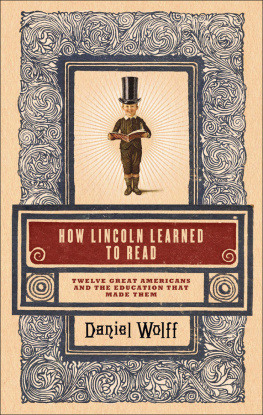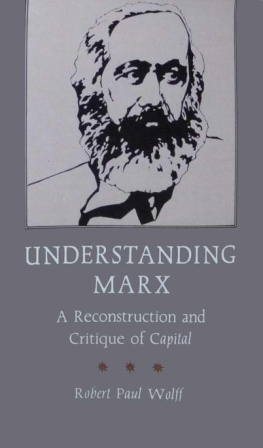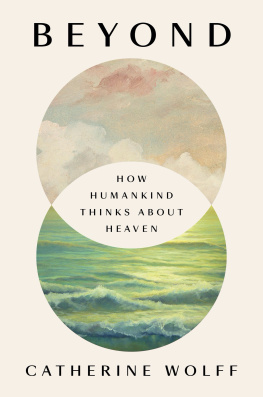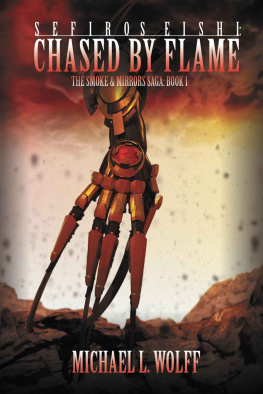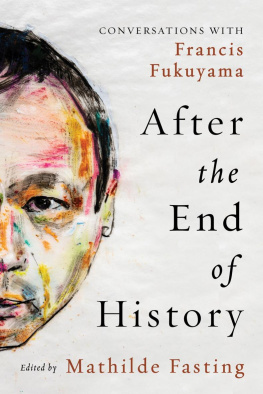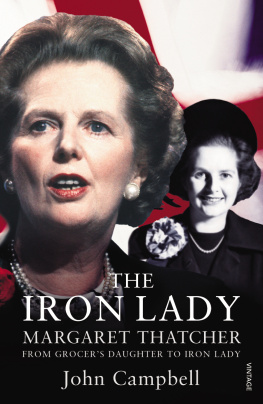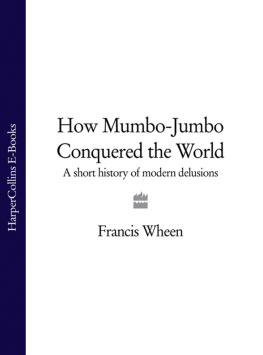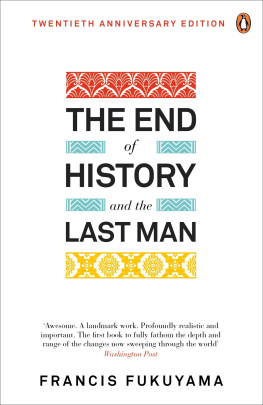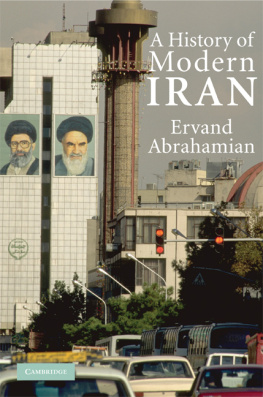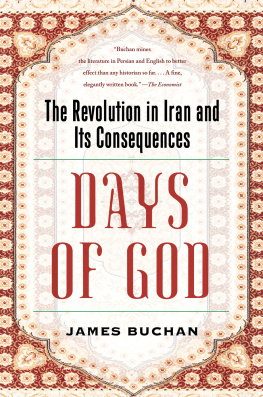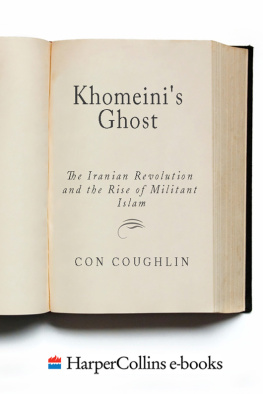Autumn of the Moguls
My Misadventures with the Titans, Poseurs,
and Money Guys Who Mastered and
Messed Up Big Media
Michael Wolff
HARPER PERENNIAL
for Alison
Contents
A flashback, already
On the tenth day of the new millennium, Bruce Judson, a former Time Inc.-er, left a long message on my machine. Judson, who had formerly been an assistant to various high-ranking Time Inc. ministers, was making a joke, which I only half listened to, about some meeting we had been at together.
Judson and Iwith Time managing editor and future CNN chairman Walter Isaacsonhad sat on a committee at Time Warner that had decided to recommend that the company not buy AOL in 1994. But why was Judson talking about this now? I wondered as I got into the shower.
It was only in very slow motion that Judsons message started to seem coherent in a more or less breathtaking way.
Indeed, it is almost impossible to convey now, from several years remove (even knowing the ultimate outcome), the unlikeliness, the utter disconnect, the lunacy of the entire far-fetched scenario: that AOL would buy Time Warner, that Time Warner would let itself be bought.
Nothing, perhaps, in business history, had ever been this farfetched.
Jumping from the shower, dripping wet, grabbing for a towel, I flipped on CNN.
A moment later, I got a call from Caroline Miller, the editor in chief of New York magazine, where I wrote a weekly column about the media business. She seemed both aghast and excited at the same time.
What do you want to do? Caroline asked, balancing the mundane and the momentous.
In fact, holding my towel, I was not at all sure what to do. I felt small and inconsequential.
I dont know, I said. I guess I better get over there.
As I might run out to cover a fire, I threw on some clothes and caught a cab over to the news conference where they were getting ready to announce the merger.
What was the proper affect here? Were we supposed to regard this as just a business story? Market reach, share price, boardroom stuff, instead of alignments, power shifts, and virtual geopolitical moves? The auditorium was filling up with business, media, and technology reporters, which for a second seemed surprisingwhy were they here? Where were the reporters from the national desk? The foreign desk, even? (Is this just my bias, not thinking of business reporters as real reporters? And technology reporters as an even lower order?) Were going to miss the meaning of this story, I started to think, because the right desk doesnt exist. Perhaps there should be a corporate-state desk. In that light, the AOLTime Warner merger might be up there at some Munich PactSuez CanalLeague of Nations level, or an entirely new kind of corporate-historical concept.
Something else: Reporters at other kinds of eventspolitical events, disasters, crime scenesare always nosing about, kibitzing, asking each other what theyve got, but at this event, everyone just sat down and waited to be told what was what.
For a black-helicopter moment, a power move so amazingly tectonic that history would be written from here, this joint press conference was pretty bland.
The long lenses and porta-video packs were down in front of the auditorium when Time Warner CEO Jerry Levin, looking professorial and rumpled in what would be much-analyzed chinos and open shirt, came onto the stage, followed by AOL chairman Steve Case, in J.C. Penney-ish gray suit, then CNNs Ted Turner, then the new co-COOs Bob Pittman (from AOL) and Dick Parsons (from Time Warner), and then Mike Kelly, AOLs CFO. Everybody but Case sat down on the Dating Game like chairs. Case opened, forcefully. But did this mean that he was the big cheese or just that he was introducing Levin? Levin indeed turned out to be the real presenter. He gave the details, such as they were, of the deal, and the philosophy, such as it was, and sent the clearest signals, to the extent that any were clear, about what was actually happening here.
It was not a businesslike presentation at allnone of the overload of information that is customary at merger announcements, the charts and bullet-pointed handoutsbut, befitting a moment of at least as much political as commercial significance, a wholly symbolic tableau, although all the symbols were carefully veiled.
To do justice to the many conflicting and various unuttered messages that were being sent here, it was, I thought, probably best to look at this the way we used to look at the lineups and hierarchies and seating positions on May Day in Red Square. But the press, much of which was now owned by the merged company and therefore suddenly (as long as I am in this metaphor) something like the Soviet press, took the most literal of views.
In this view, all mergers are good mergers. Or, if not, they are superseded by even larger mergers. Mergers, in other words, are inevitableand therefore, in some sense, unchallengeable.
Indeed, just a few months before, in what was then the biggest media merger, CBS had combined with Viacom. (The CBS and Viacom merger and now the AOL and Time Warner merger received more column inches of coverage than any other mergers before themnot least of all, of course, because they were about the media itself.)
Win-win was the most popular instant analysis. I wonder if we were this brain-dead just because we were so caught off guard, or because we or our colleagues had, instantly, made so much money off the deal (nearly 2,000 Time employees made, at the moment of the merger, $1 million or more, estimated the New York Post) that it was hard to think through the euphoria or jealousy, or because, as business reporters, the whole point is just to analyze with respect to up-and-down and not with an eye toward character, or consequence, or forest-for-the-trees.
It was not just the biggest deal that had been done by any company everthe capstone of twenty years of more and more outsized business mergersbut it was a statement of philosophy too. This is how the world will be; this is the future. Indeed, all big deals had always portended more big dealsyou were just upping the size of the big-deal measure.
As I sat in the auditorium, I was pretty sure nobody was thinking about how we had reached this point.
It took an odd person to be able to remember all the deals that had led us here.
Indeed, part of why we were here was that Time Inc. was a terrible deal maker.
All but faded from corporate memory was the name Temple-Inland, a paper mill that Time Inc. had bought in the seventiesthough, arguably, the paper mill had bought Time Inc. Forest products became a third of the Time Inc. business, and the Temple family, from Diboll, Texas, among Times largest shareholders. This hilarious combination was undone not too many years later in a deal that led Arthur Temple, who, in effect, was given his company back, to remark (apocryphally or not) that he felt like a whorehe sold what he was selling but got to keep it too.
But then you had Warners Steve Ross, who had converted his father-in-laws chain of funeral parlors into a controlling interest in a parking garage enterprise, which in turn he had traded into a talent agency and then acquired the fabled, but mostly moribund, Warner nameand, virtually overnight, reconstituted an entertainment empire.
And yet, being a good deal maker did not necessarily mean you did successful deals. Because a great many of the deals that Steve Ross did were lousy. There was, for Ross and Warner, most memorably, and in a weird foreshadowing of what happens when old guys get enamored with technology, the Atari deal. In 1976, Ross acquired the go-go technology enterprise, and, in short order, it brought Warner to the edge of bankruptcy.
Next page

